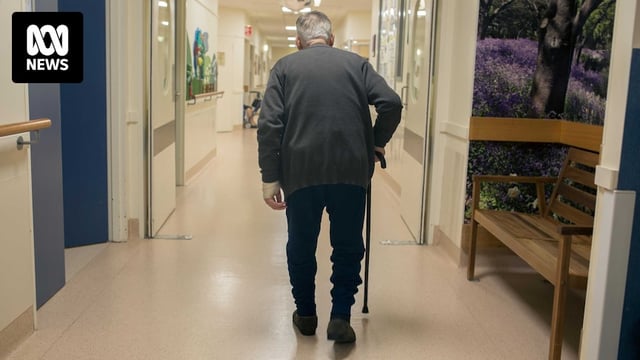Overview
- Donanemab, marketed as Kisunla, has been approved by the Therapeutic Goods Administration (TGA) for mild cognitive impairment and early dementia due to Alzheimer’s disease.
- The drug works by clearing amyloid plaques from the brain, slowing cognitive decline by approximately 30%, potentially extending patients' functional period by 6–12 months.
- Administered via monthly intravenous infusions for up to 18 months, the treatment costs $40,000–$80,000 annually without public subsidy, as listing on the Pharmaceutical Benefits Scheme (PBS) is under review for July.
- Strict safety protocols are required, including genetic testing for the ApoE4 gene and regular MRI monitoring, due to risks of brain swelling and bleeding observed in clinical trials.
- This marks the first new Alzheimer’s treatment in 25 years in Australia, joining approvals in the US, UK, and other countries, though it is not effective for moderate to advanced stages of the disease.


